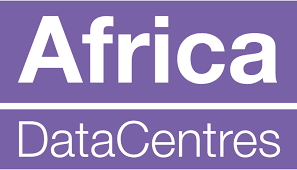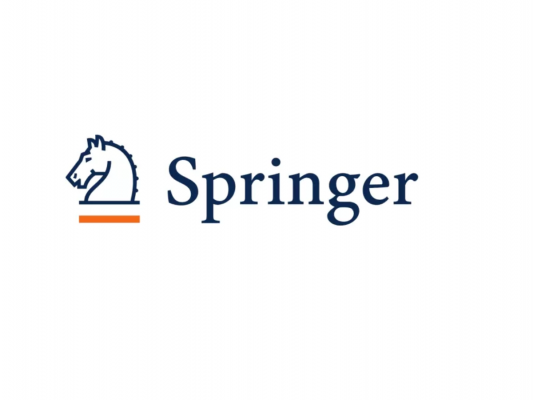Space-Air-Ground Integrated Networks (SAGIN) provide seamless global coverage and cross-domain interconnection for ubiquitous users in heterogeneous networks. However, mobile devices often face challenges related to limited computation capability and energy budgets, especially when dealing with computation-intensive ubiquitous mobile applications. To address these challenges, Mobile Edge Computing (MEC) has emerged as a promising technology within SAGIN. By deploying computing, cache, and communication resources at the edge of mobile networks, SAGIN MEC offers low latency, high bandwidth, and wide coverage, significantly enhancing the quality of services for mobile applications.
Intelligent Space-Air-Ground Integrated Networks (ISAGIN) can be seen as an extension of the traditional SAGIN with computing support and represent a dynamic and interconnected ecosystem where space, aerial, and terrestrial components collaborate seamlessly. These networks play a pivotal role in enabling ubiquitous connectivity, efficient resource utilization, and intelligent decision-making. At the heart of ISAGIN lies the concept of edge computing, which leverages distributed learning and machine learning techniques to enhance network performance, security, and adaptability.
This workshop aims to bring together researchers, practitioners, and industry experts to explore novel approaches, challenges, and advancements in machine learning and distributed learning at the edge within the context of Ubiquitous Intelligence-at-the-edge for Space-Air-Ground Integrated Networks.
Topics of Interest:
We invite original research contributions related to the following topics (but not limited to):
- SAGIN Architectures and System Models:
- Novel SAGIN architectures
- Cross-domain interconnection mechanisms
- Seamless global coverage strategies
- Mobile Edge Computing (MEC) in SAGIN
- Efficient MEC deployment
- Resource management and optimization
- Energy-efficient edge computing
- QoS-aware task scheduling
- Edge Intelligence and Learning Models
- Federated learning in ISAGIN
- Transfer learning across space, air, ground domains
- Edge-based anomaly detection and prediction
- Dynamic resource allocation using machine learning
- Key Algorithms and Techniques:
- Computation offloading strategies
- Dynamic resource scheduling
- Heterogeneous and complex topology management
- Applications and Use Cases:
- Edge-driven intelligent transportation systems
- Edge-enhanced environmental monitoring
- Real-time decision-making in disaster management











